Climate Change in Knoxville Has Bigger Consequences than Thought
Animal extinction, extreme weather- and more violent crime?
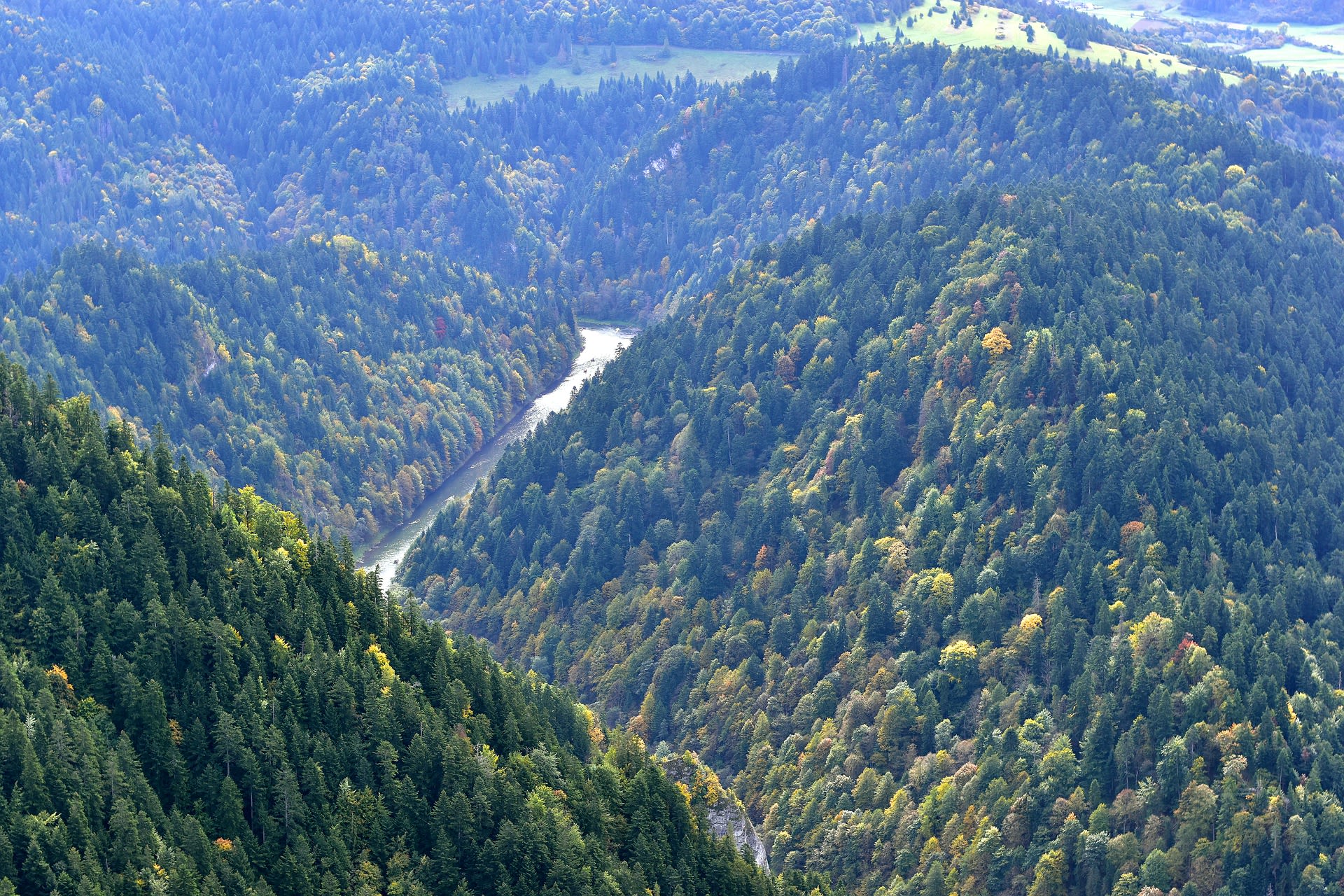
We know the effects that climate change is having on our world internationally, but what effects does it have on Knoxville, if any? Data from the Farmer’s Almanac shows that as temperatures in Knoxville rise, so does the number of violent crimes committed.
The average daily temperature of Knoxville from 1986-2014 increased nearly a whole degree. During that same time period, violent crime rose about 8 percent.
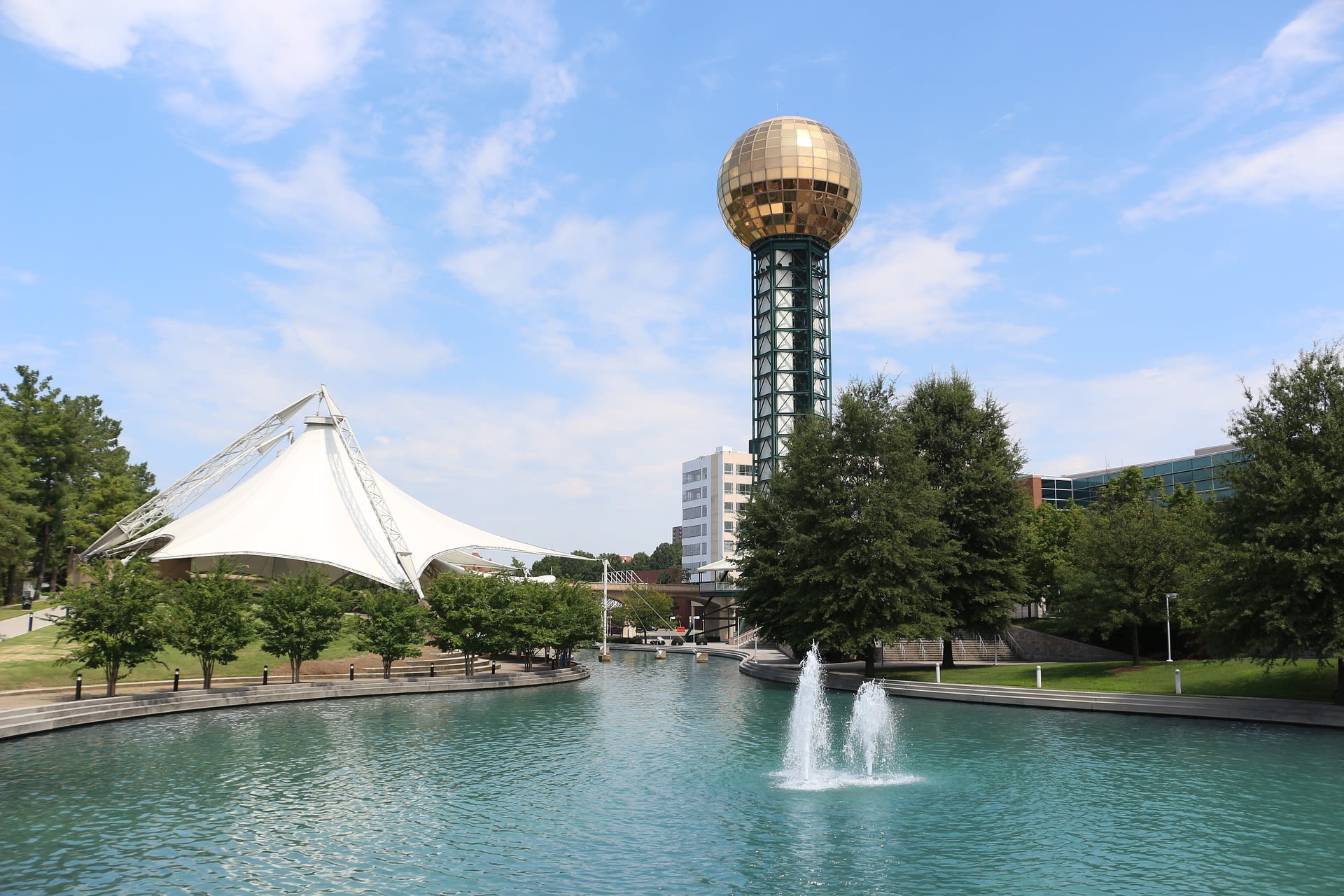
According to the 2017 National Climate Assessment’s research looking at the Southeast, “more frequent extreme heat episodes and changing seasonal climates are projected to increase exposure-linked health impacts and economic vulnerabilities in the agricultural, timber, and manufacturing sectors.”
Sciencemag.org reports that the South is projected to have one of the highest increases of economic inequality in the country due to climate change, leaving the homeless population with less resources and a lower chance of escaping poverty. That inequality could also leave low-income households who already have a risk of poverty with a greater risk of homelessness.
According to the FBI, violent crime is defined as murder and intentional manslaughter, rape, robbery, and attempted assault. According to a study by the National Coalition for the Homeless, the rate of violent crimes committed were 40 times higher in the homeless population than those who were not experiencing homelessness. The study also reported that 15 percent of prison inmates in America were homeless when arrested. Those statistics indicate that the rising temperatures of climate change could put Knoxville’s homeless population at an even greater risk of committing violent crimes, and being incarcerated.
Knox Area Rescue Ministries, better known as KARM, experiences first-hand the effect of the rising violent crime rate as the average temperature goes up.
“I’d say heat probably makes it worse. Heat can just like in everyday life with any of us, being out in extreme heat like that can just make tempers flare,” Karen Boweld, an operations officer at KARM’s homeless shelter, said.
These higher temperatures and higher rates of violent crime aren't unique to Knoxville though. A study conducted by Climate Impact Lab says, “high temperatures are shown to be particularly damaging, elevating the risk of nearly all crime and conflict outcomes studied throughout the globe.”
A natural question to have is if Knoxville is feeling such a large impact from climate change, why are more Knoxvillians not aware? A possible answer is that Knoxville has historically voted Republican in presidential elections, when party affiliations and environmental issues play a bigger role than in city elections.
According to a 2019 study by the Pew Research Center, only half of Republicans with “high science knowledge” trust environmental scientists.
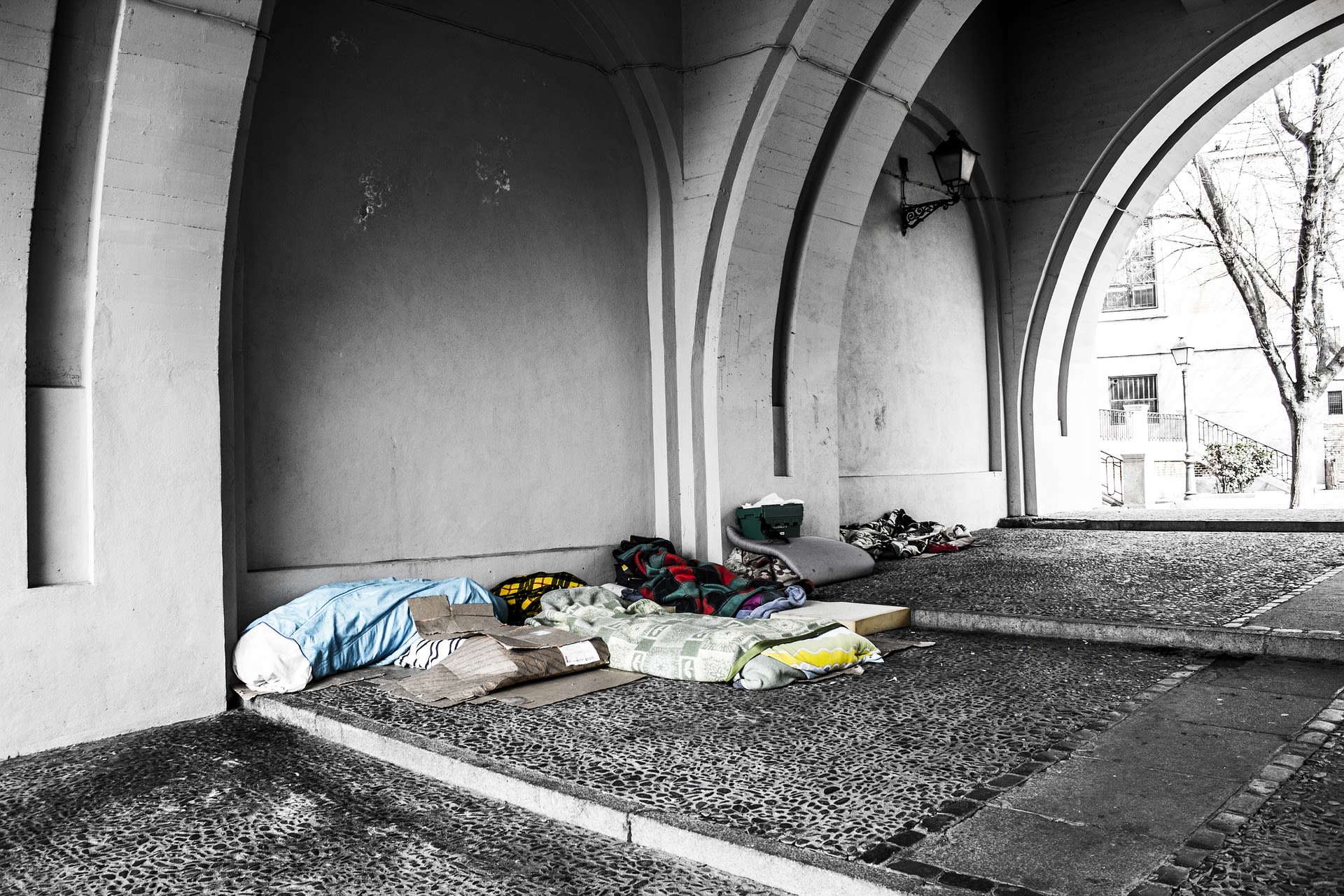
In the 2016 presidential election, only about 35 percent of Knoxville voted Democrat on their ballot. Although that percentage is lower than those who voted Republican, Knoxville has had a Democratic mayor, Madeline Rogero, for the past 8 years.
Part of that party voting difference could be because party affiliation does not have to be publicly acknowledged or listed on the ballots of mayoral candidates. Knoxville’s mayor elect, Indya Kincannon, is a member of the Democratic party.
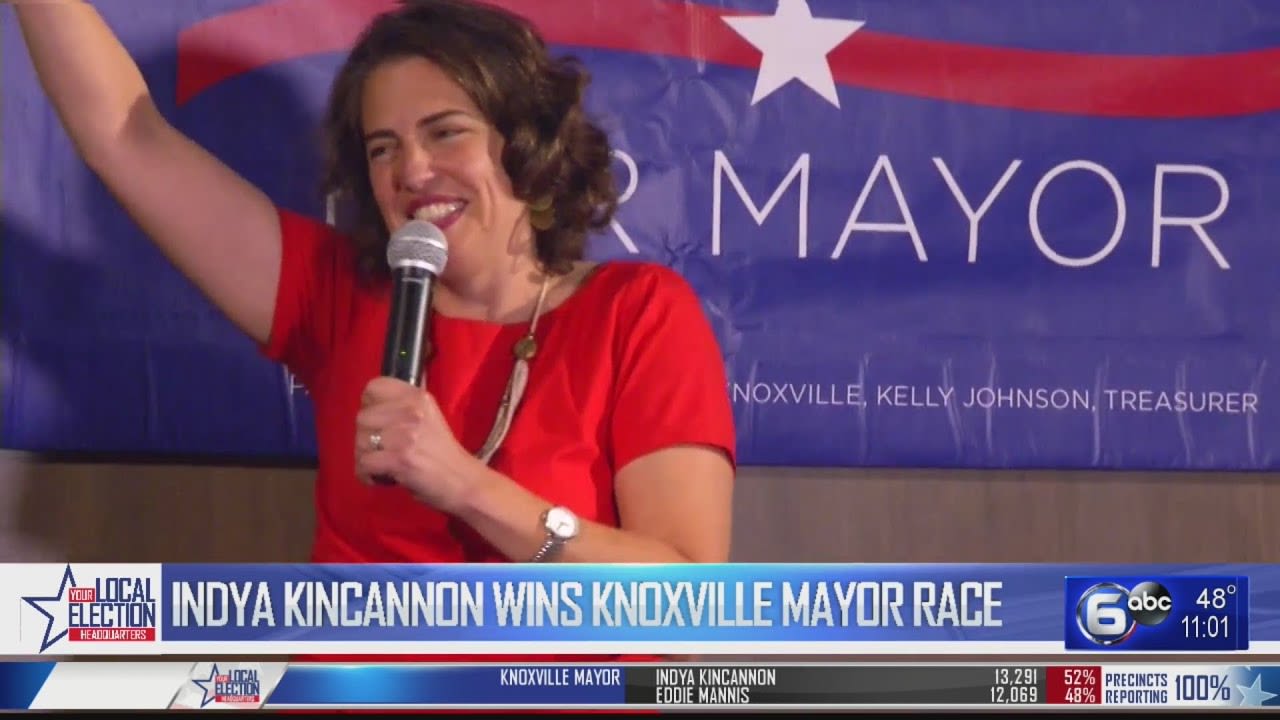
Kincannon made sure voters knew where she stood on climate change- one of the 8 issues she addresses on her website. She says that climate change is real, and an issue internationally and locally.
She promises that she will work to increase sustainability efforts “that are good for the planet, good for business development, and good for the people of Knoxville.” Some of the efforts she lists are protecting the our green areas of Knoxville, converting to clean energy in city vehicles and busses and developing energy efficient systems for city buildings.

If rising temperatures is the cause of the rising rate of violent crime in Knoxville, Kincannon gives hope to Knoxvillians saying that she will work to reverse the ill effects of climate change like violent crime rates.
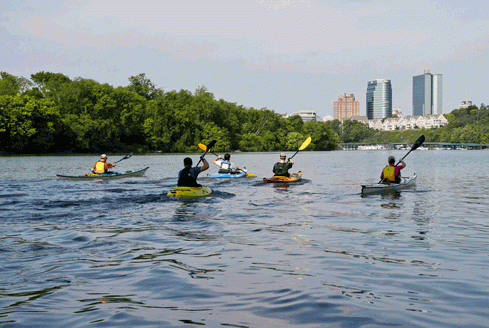
“Whether you swim at Meads quarry, hike Sharps Ridge, jog Cherokee Boulevard or stroll the paved paths at Holston River Park, making Knoxville cleaner and greener makes us healthier, and catalyzes private investment, with corresponding growth in business and jobs.”

